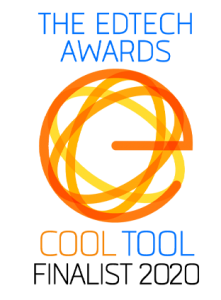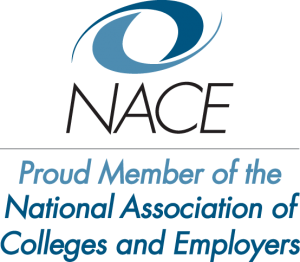“What are your interests?”
After an abysmal performance during a brief, straight-set defeat at Wimbledon last year, the talented Australian pro Bernard Tomic rattled the tennis world by declaring that he felt bored during the match and just couldn’t find the motivation to compete. “The last sort of year or two, nothing motivates,” he said at the time. Interviewed a few weeks later, he expressed that he has been coasting during his career, giving it about 50 percent on average. “I never loved tennis. I am just going to go about it as a job….My position, I am trapped. I have to do it.”
Why Question Interests, Not Ability?
No one has ever questioned Tomic’s ability; he is a rare talent. He has had some successes during his career, amassing more than $7 million in earnings. Yet 2017 saw a precipitous decline in his ranking as he badly underachieved. It became clear that Tomic just wasn’t all that interested in tennis.
The curious case of Bernard Tomic illustrates something important about how interests and abilities are related. Not just in tennis, but in any field of endeavor. Are skills the ultimate driver in performance, or is a sustaining interest essential?
I’ve been reflecting on this after reading about the success of Skillful. (a Markle Foundation initiative that stresses the importance of using skills to drive decision-making about career possibilities, with the goal of eventually creating a skills-based labor market) All of that is exciting, save for one thing:
By focusing so heavily on skills, how many employers will hire the Bernard Tomics of their industry? Employees who have the talent needed but who chronically underperform because they just don’t enjoy the work all that much?
Skills are very important, essential even. But career decisions absolutely must start with interests so that people have the motivation needed to optimize their abilities.
The Relationship between Interests and Abilities
Back in 1943, Stanford psychology professor E.K. Strong, Jr.,[i] used a boat metaphor to describe how interests impact people differently than do their abilities and achievements:
“The relationship among abilities, interests, and achievements may be likened to a motor boat with a motor and a rudder. The motor (abilities) determines how fast the boat can go, the rudder (interests) determines which way the boat goes.”[ii]
By the time he wrote those words, Strong had conducted dozens of research studies on vocational interests, including several that tracked people over time. Some over more than two decades. He found that scores on interest inventories tended to change very little, on average, even over that amount of time. Hundreds of more studies on interests were conducted after that book was published. In one comprehensive review of this research, psychologists Phillip Ackerman and Eric Heggestad noted that according to the evidence, “abilities, interest, and personality develop in tandem, such that the ability level and personality dispositions determine the probability of success in a particular task domain. And interests determine the motivation to attempt the task.”[iii]
Determine Your Direction
This summary aligns completely with Strong’s boat analogy, in which interests function like a rudder, determining the boat’s (or a person’s) direction. Interests play a key role, then, in helping people identify pathways in which they will be motivated. Your personality and abilities will influence how successful you might be within those career paths, but none of that matters if you don’t start with a strong interest.
This is why jobZology’s PathwayU system focuses on interests (and, secondarily, values) as the driver in career decision-making. Our research shows the importance of leading with interests if a person’s goal is eventual satisfaction, joy, and purpose in their work.
Skills are important, but they impact performance the most when they flow from interests. To overlook this fact risks guiding job-seekers into roles in which, like Bernard Tomic, they have plenty of talent yet end up feeling trapped.
References
[i] If seeing this name associated with interests rings a bell, it is probably because Strong created an assessment instrument to measure interests. The predecessor to the famous inventory that still bears his name: The Strong Interest Inventory.
[ii] Strong, E.K. Jr. (1943). Vocational interests of men and women. Palo Alto, CA: Stanford University Press.
[iii] Ackerman, P. L., & Heggestad, E. D. (1997). Intelligence, personality, and interests: Evidence for overlapping traits. Psychological Bulletin, 121, 219.







